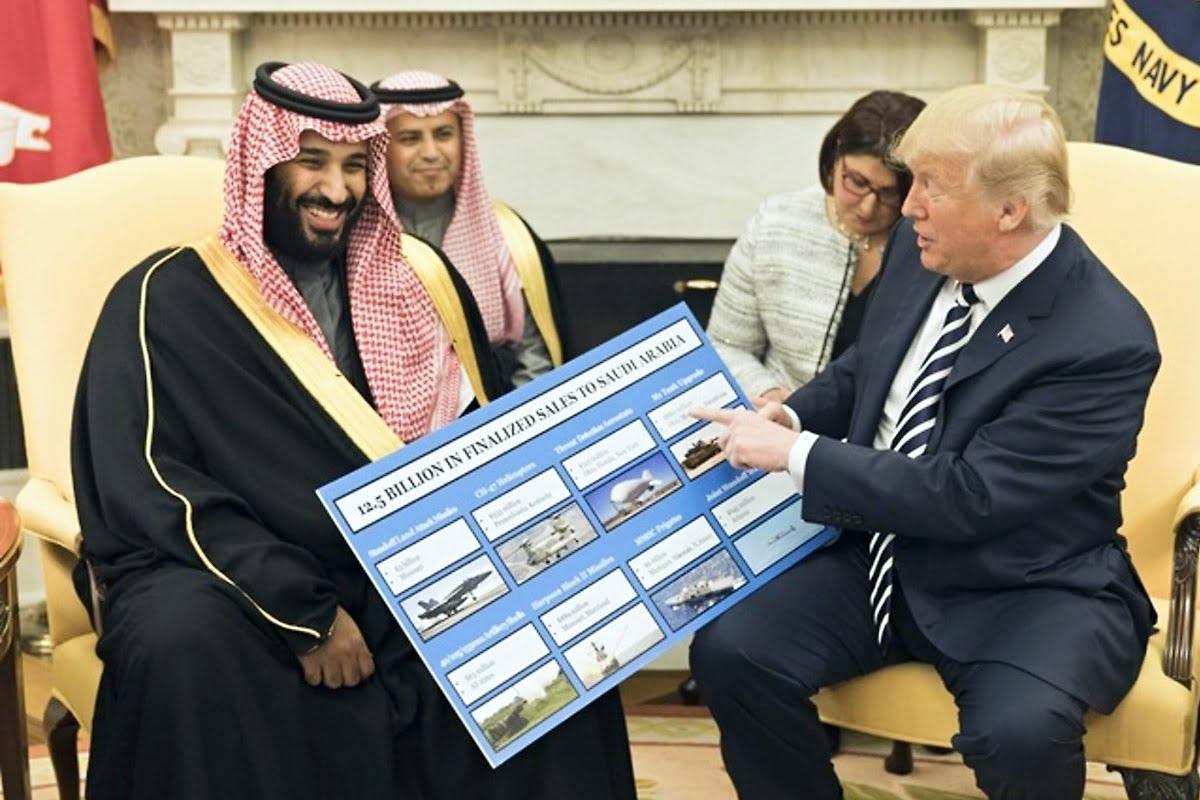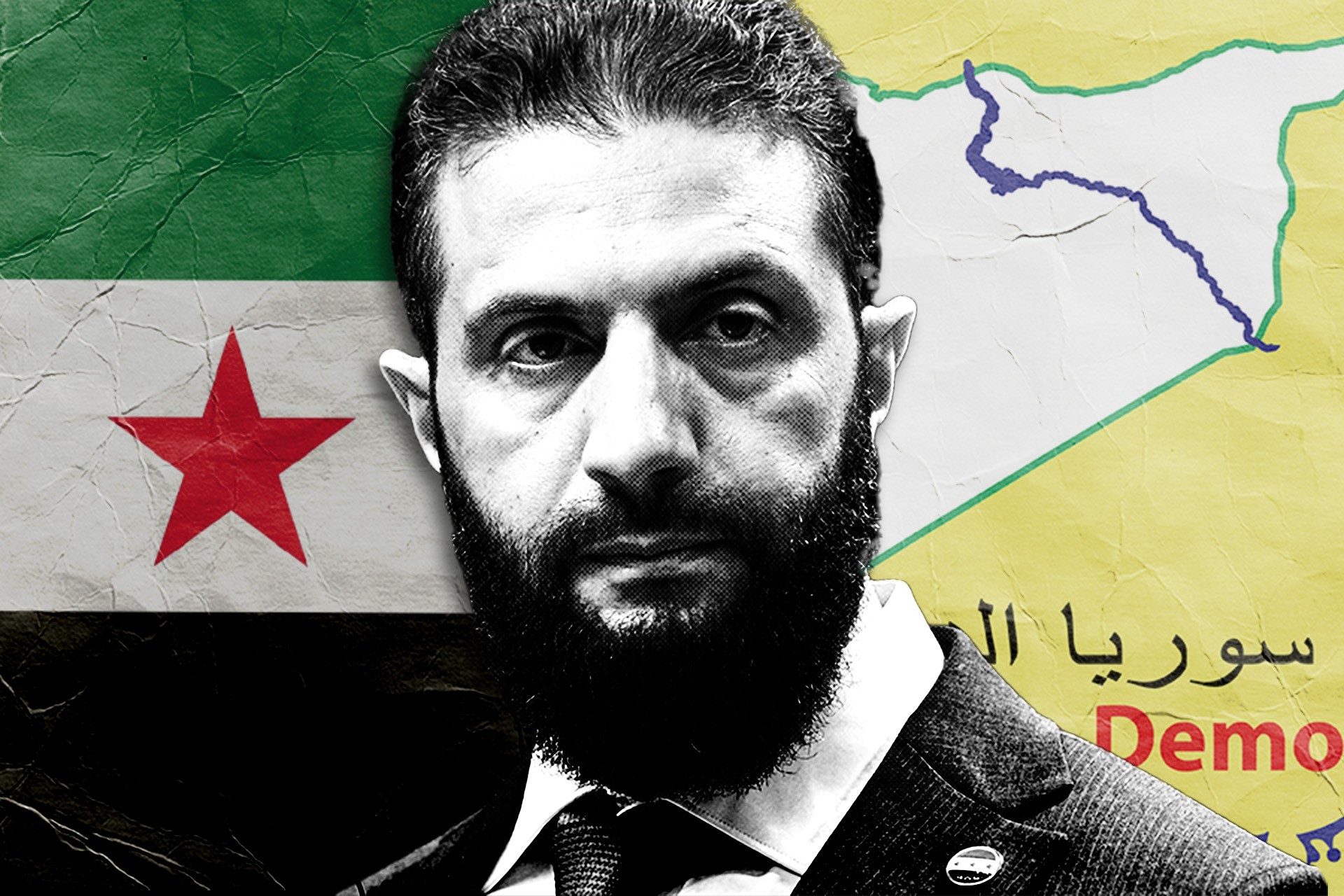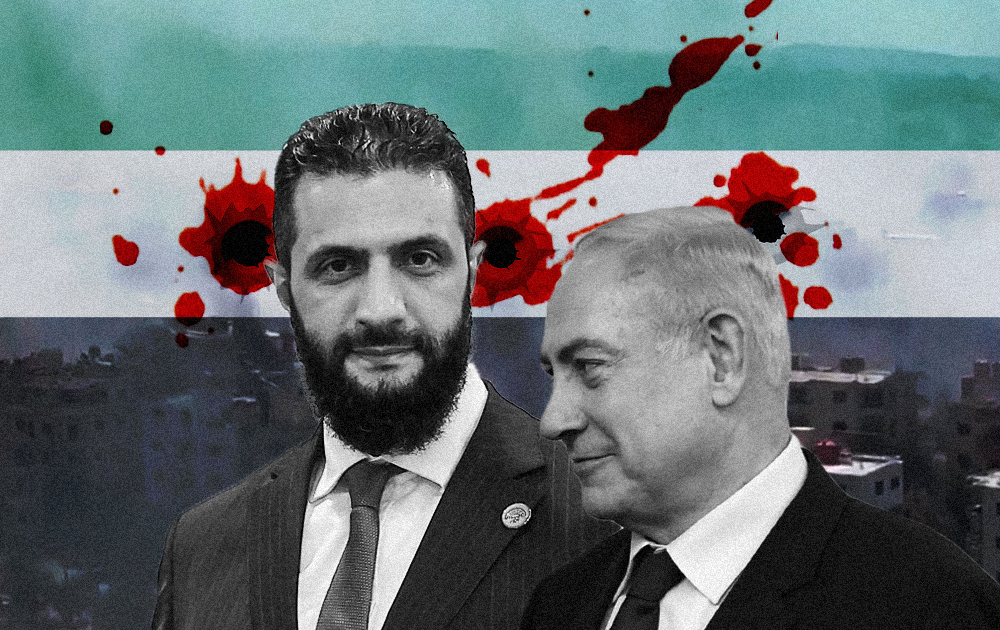Liberal commentators have recently turned on Mohammad bin Salman, the Saudi Crown Prince, as a result of his involvement in the brutal Khashoggi murder. But Trump has stuck with his trusted ally, revealing the true ugly face of capitalism.
One year ago, the majority of the Western mass media was proclaiming Prince Mohammad bin Salman (MBS) to be the leader of Saudi Arabia’s Arab Spring. But now the very same people are falling over themselves to condemn the Crown Prince.
As the facts surrounding the brutal murder of Saudi Washington Post journalist Jamal Khashoggi continue to emerge, these liberal ladies and gentlemen, along with a swathe of politicians, suddenly seem to be discovering how terrible a human being MBS is.
The ‘honorable’ exception is of course US president Donald Trump, who has steadfastly defended the prince, saying that: “It could very well be that the Crown Prince had knowledge of this tragic event — maybe he did and maybe he didn’t!”
Smelling blood
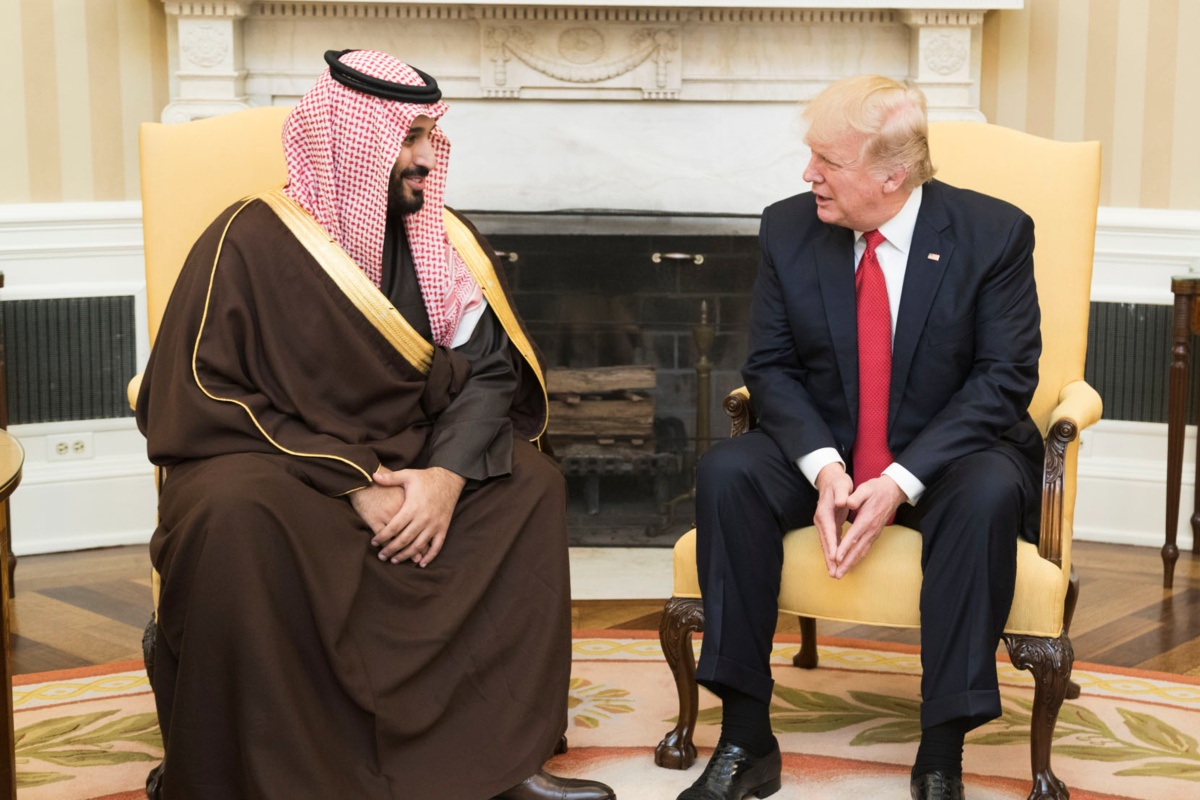 Of course, there is not a shadow of doubt that the order for the grisly murder came from the top of the Saudi kingdom. But as Trump faithfully put it:
Of course, there is not a shadow of doubt that the order for the grisly murder came from the top of the Saudi kingdom. But as Trump faithfully put it:
“You know, we also have a great ally in Saudi Arabia. They give us a lot of jobs. They give us a lot of business, a lot of economic development…They have been a truly spectacular ally in terms of jobs and economic development. And I…have to take a lot of things into consideration.”
Yes, Mr Trump must take into consideration what this all means – for himself. The attacks on MBS weaken his plan to reassert US dominance in the Middle East and fight the rising Iranian influence.
At the same time, MBS and Trump have been leaning on each other in their respective ascents to power. In May 2017, the Saudi Kingdom made a series of deals with the US administration – amongst others a deal to buy $100 billion worth of US arms.
In return for MBS’ support for Trump and his policies in the Middle East, the American President gave the green light for MBS to carry out a palace coup at home, concentrating almost all power in his hands and clamping down on his foes within the Saudi royal family.
But by investing so heavily in this relationship with MBS, Trump has left himself vulnerable to the fluctuations in the fate of the unstable Saudi kingdom. And now Trump’s enemies smell blood.
American values
A piece by Washington Post CEO Fred Ryan on 20th November argued that:
“President Trump’s response to the brutal murder of journalist Jamal Khashoggi is a betrayal of long-established American values of respect for human rights and the expectation of trust and honesty in our strategic relationships.”
But what American values is our CEO friend – and the whole spectrum of US political and media establishment who are all chiming in – talking about? The same respect for human rights that has led the US to intervene in Iraq and Afghanistan, killing hundreds of thousands of men, women and children? The same values that unleashed jihadi groups to wreak havoc in Syria and Iraq?
And do these establishment figures really want us to believe that they did not know about the monstrous and murderous methods of the Saudi regime until now?
All of a sudden they are discovering, for example, the tragedy of Saudi Arabia’s war on Yemen where millions of people are on the edge of starvation. But this war has been going on for close to four years. And the US, starting with the Obama administration, has been actively supporting it from day one with logistics and arms supplies, as well as with small amounts of troops.
It is particularly bizarre that the latest charge against MBS is being led by the CIA and its chief Gina Haspel, who gained fame initially as a prominent torturer of Iraqi prisoners in Abu Graib prison.
Long before Haspel, the CIA had a long history of close collaboration with the Saudis around noble causes such as torturing “renditioned suspects” in secret prisons around the Middle East. Not to mention the funding and spreading of jihadi organisations in Afghanistan, Pakistan, Syria and beyond.
Today the agency is touring the US political establishment to explain – to the great shock and disbelief of these ladies and gentlemen – that MBS is a terrible person. They are now calling for sanctions on Saudi officials and for an end to the war in Yemen.
Erdogan’s role
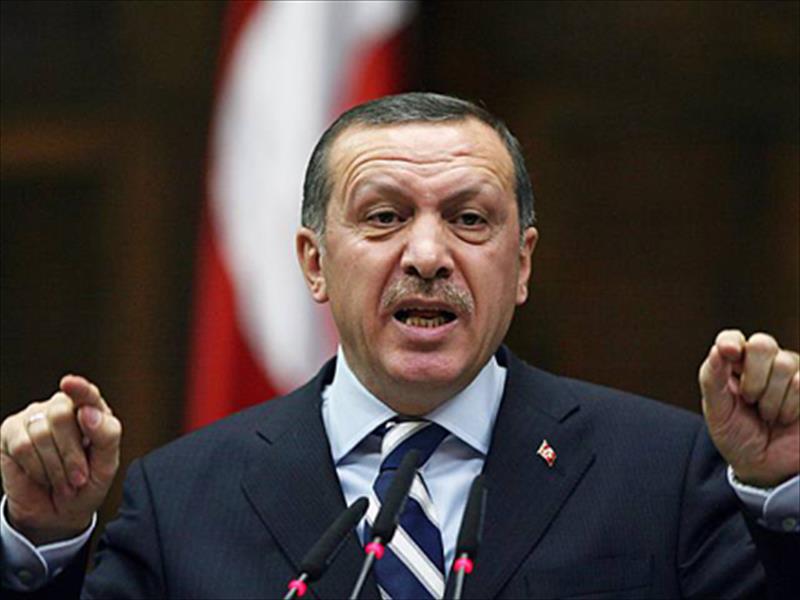 Of course at the same time they have no problems mending their ties with Turkey’s authoritarian and barbarous President Erdogan, who has overseen countless crackdowns on political dissent, and who has led a brutal war against Turkey’s Kurds. Yet despite his crimes, Erdogan is welcomed as a defender of democracy and human rights.
Of course at the same time they have no problems mending their ties with Turkey’s authoritarian and barbarous President Erdogan, who has overseen countless crackdowns on political dissent, and who has led a brutal war against Turkey’s Kurds. Yet despite his crimes, Erdogan is welcomed as a defender of democracy and human rights.
In fact, only a few weeks prior to the above article in the Washington Post, the virtuous editors of that paper gave a platform for Erdogan to write an article hypocritically entitled “Saudi Arabia still has many questions to answer about Khashoggi’s killing”.
Erdogan says he is in possession of evidence which decisively points to MBS as the man behind the liquidation of Khashoggi. But if this is the case, then why will he not release it publicly?
Of course, Erdogan’s motives have nothing to do with seeking justice for Jamal Khashoggi’s murder, and everything to do with his rivalry with MBS for domination of the Arab world. Through a neverending trickle of evidence, Erdogan is using the Khashoggi case to put pressure on the US and weaken the house of Saud.
Permanent interests
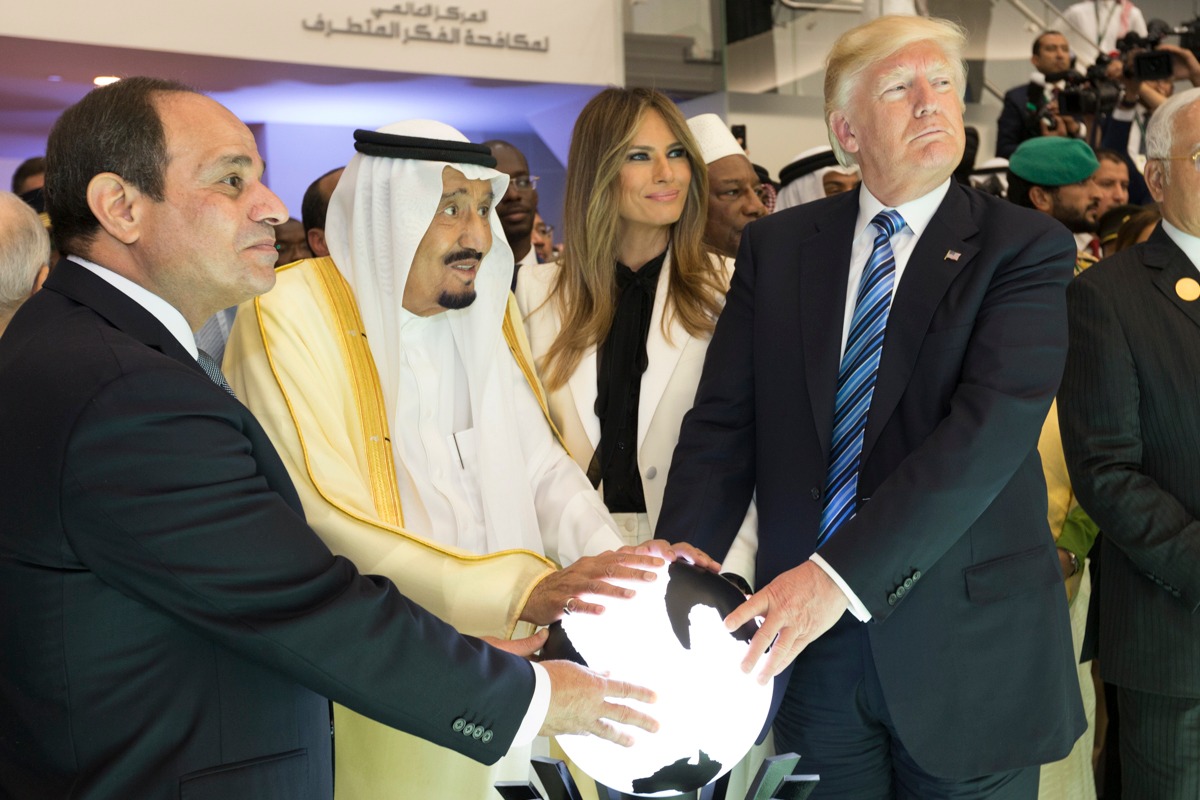 Of course, there is no doubt that MBS is behind the Khashoggi murder – and thousands of other deaths that have not been reported on. Barbarism is built into the foundations of the Saudi regime.
Of course, there is no doubt that MBS is behind the Khashoggi murder – and thousands of other deaths that have not been reported on. Barbarism is built into the foundations of the Saudi regime.
But this time MBS went too far, thinking he could assassinate a prominent US based journalist – someone the US establishment saw as “one of their own” – with impunity. And this provides excellent ammunition, on the one hand, for the Prince’s opponents to weaken the Al-Saud family; and, on the other hand, to weaken the Trump presidency.
It is ironic that – to the utmost dismay of the Western political elite – the most honest statements in this situation come from Trump himself. The President is the only one who openly admits that, at the end of the day, it is pure, narrow, self-interest that decides who are allies and who are foes. Or, in the famous words of 19th century Tory prime minister Lord Palmerston: “Nations have no permanent friends or permanent allies. They only have permanent interests.”

